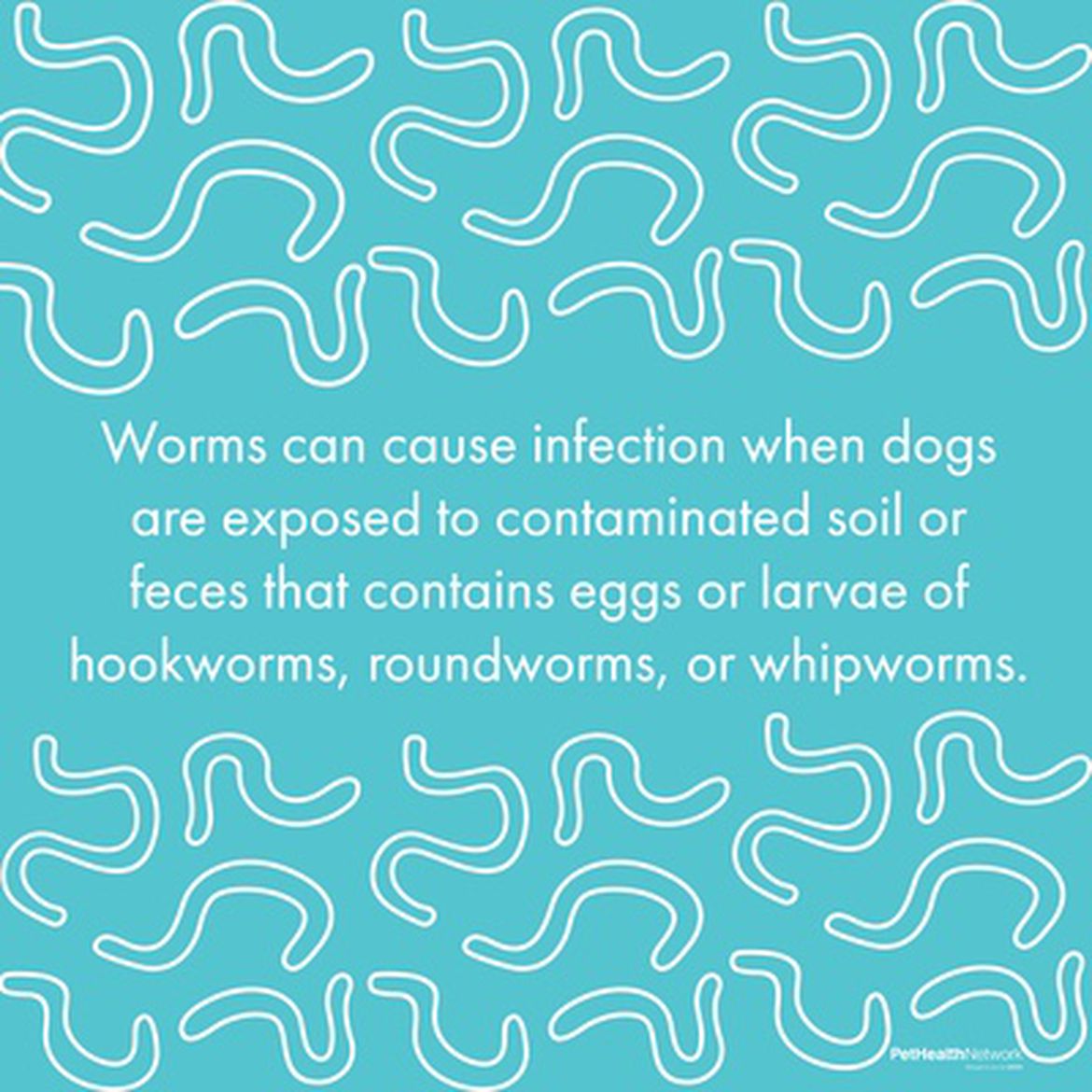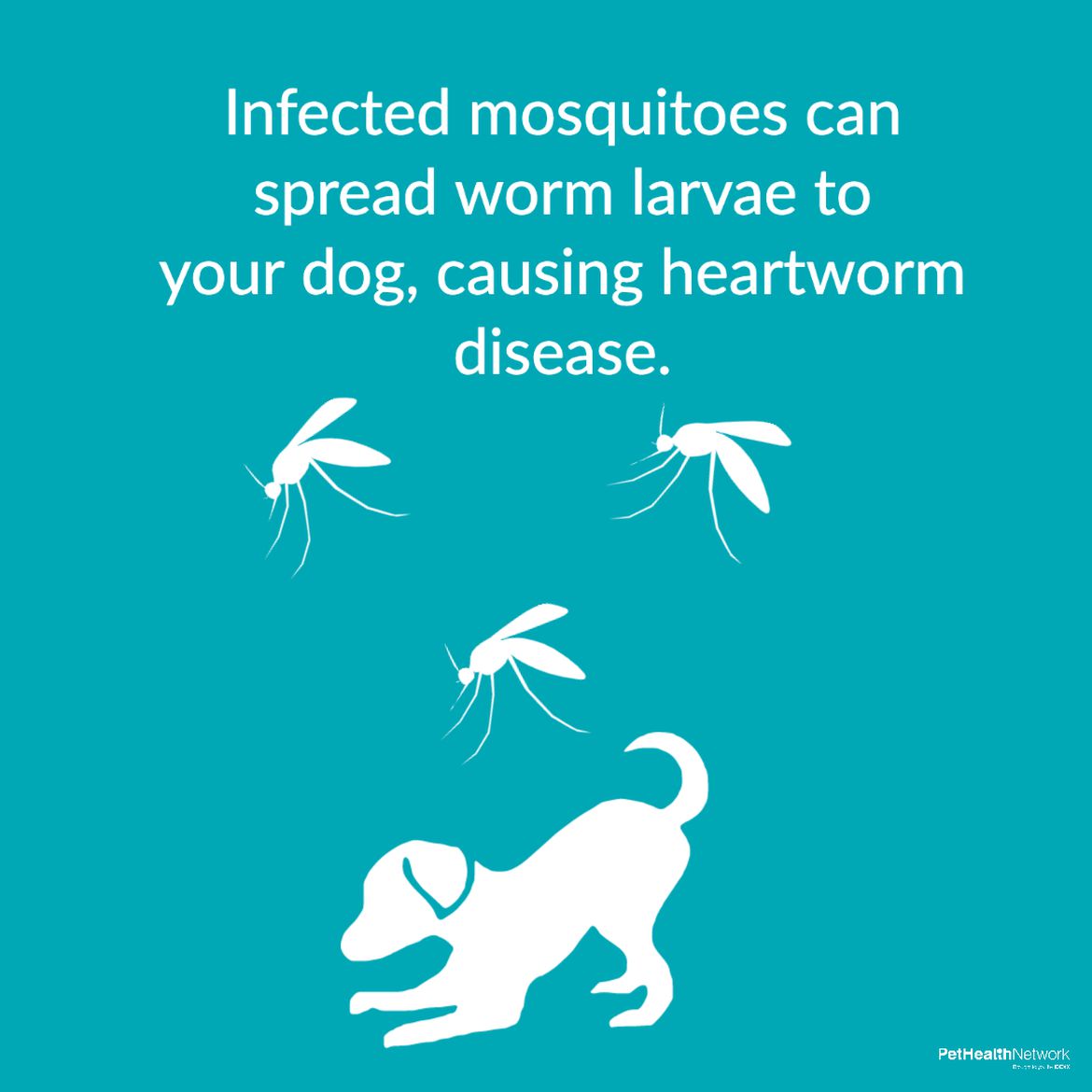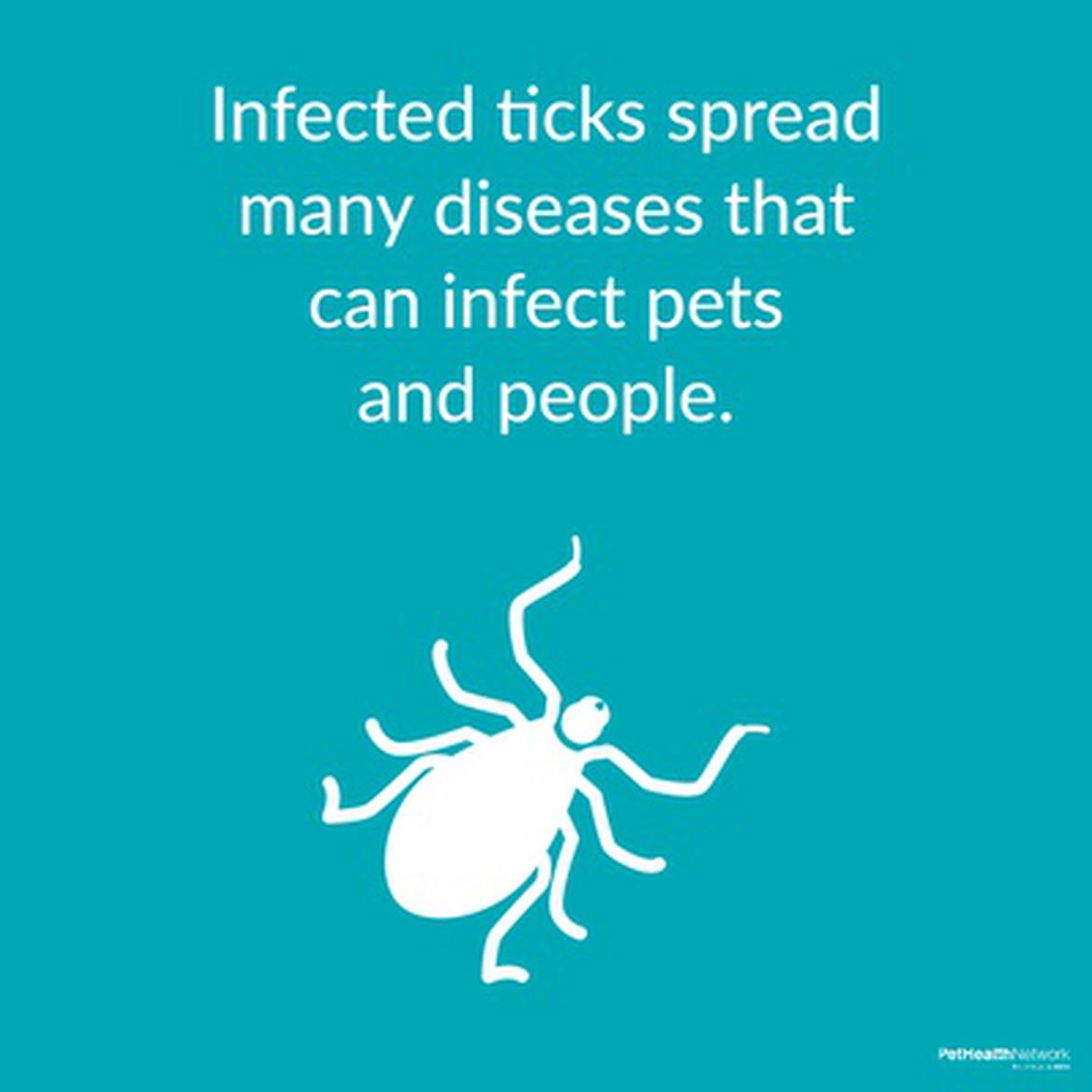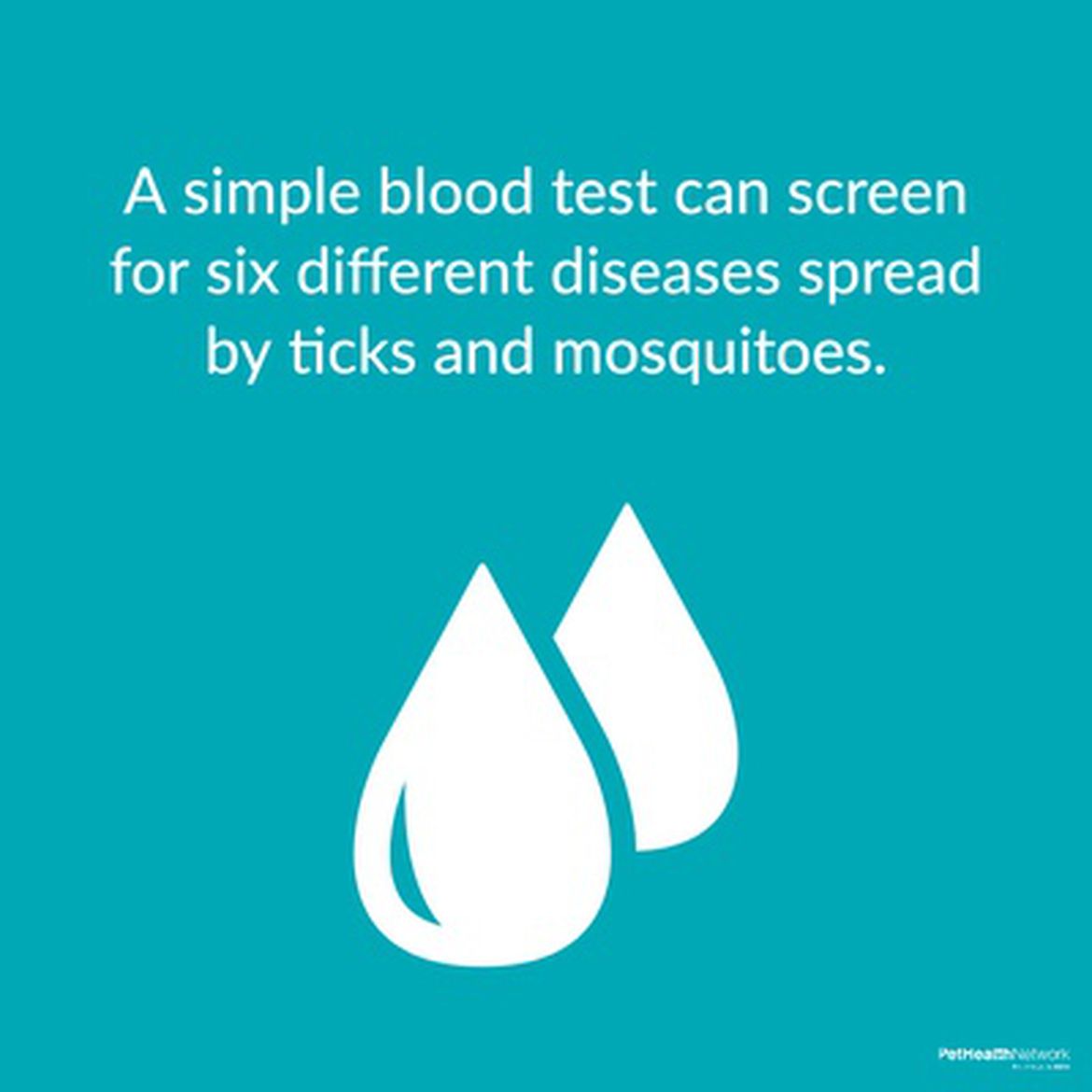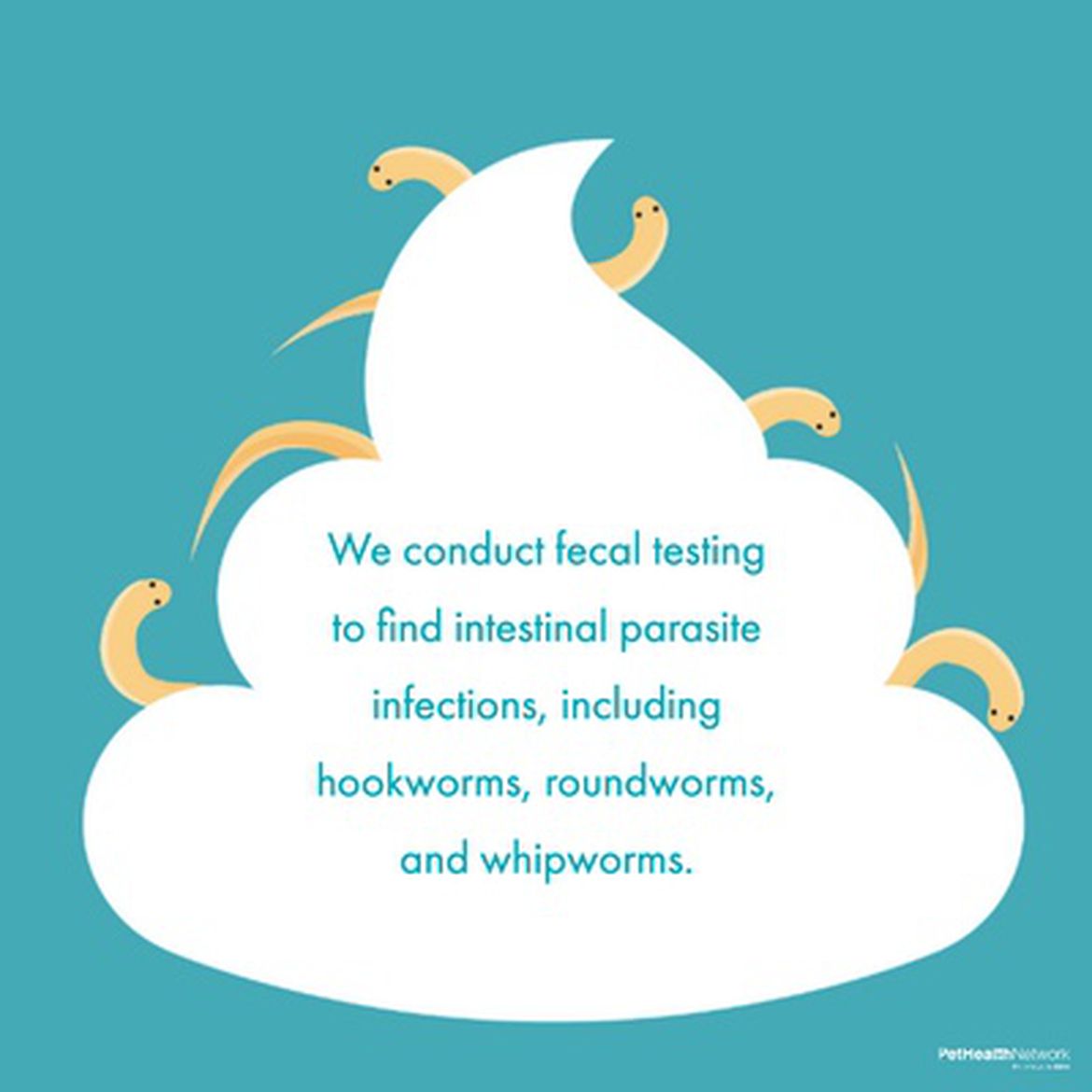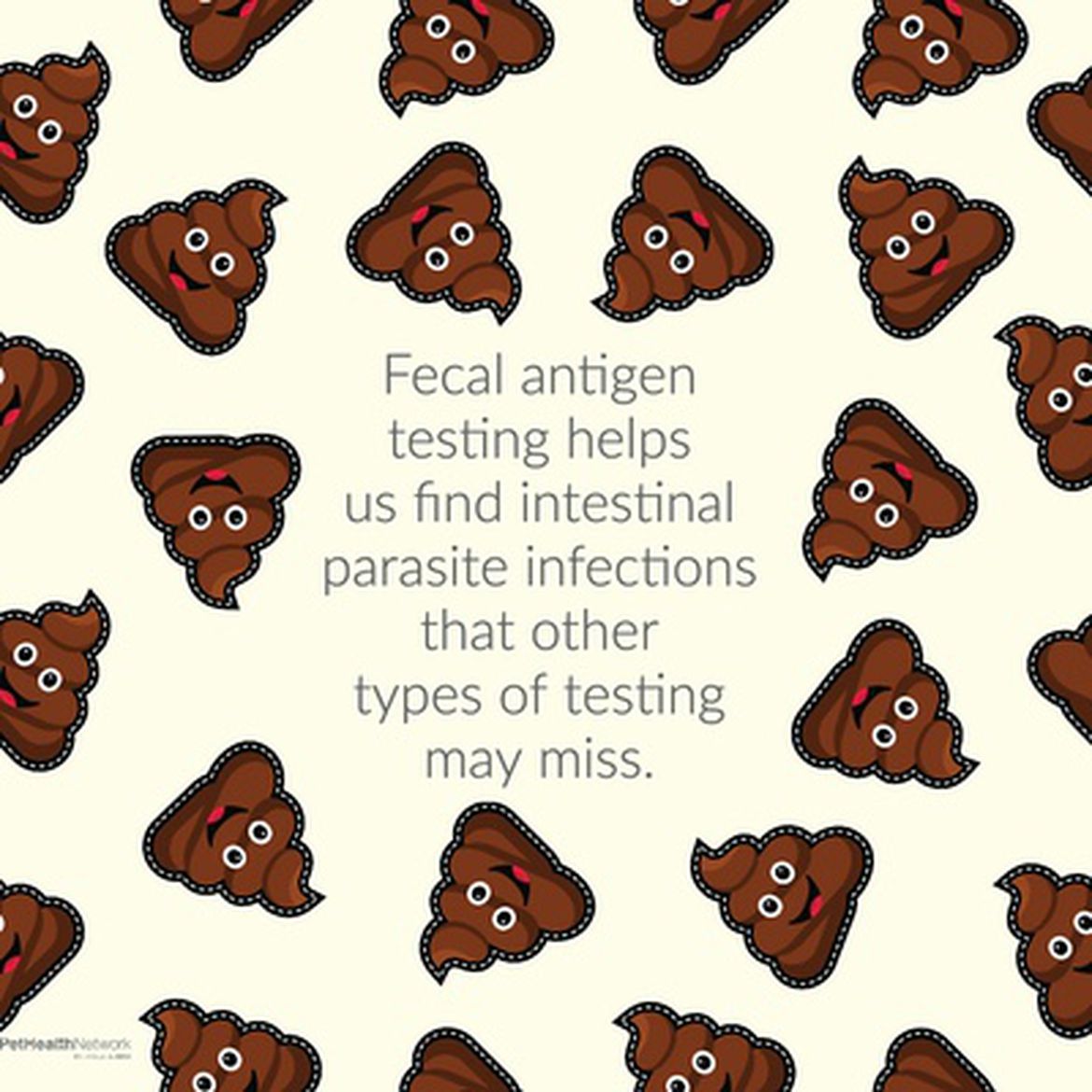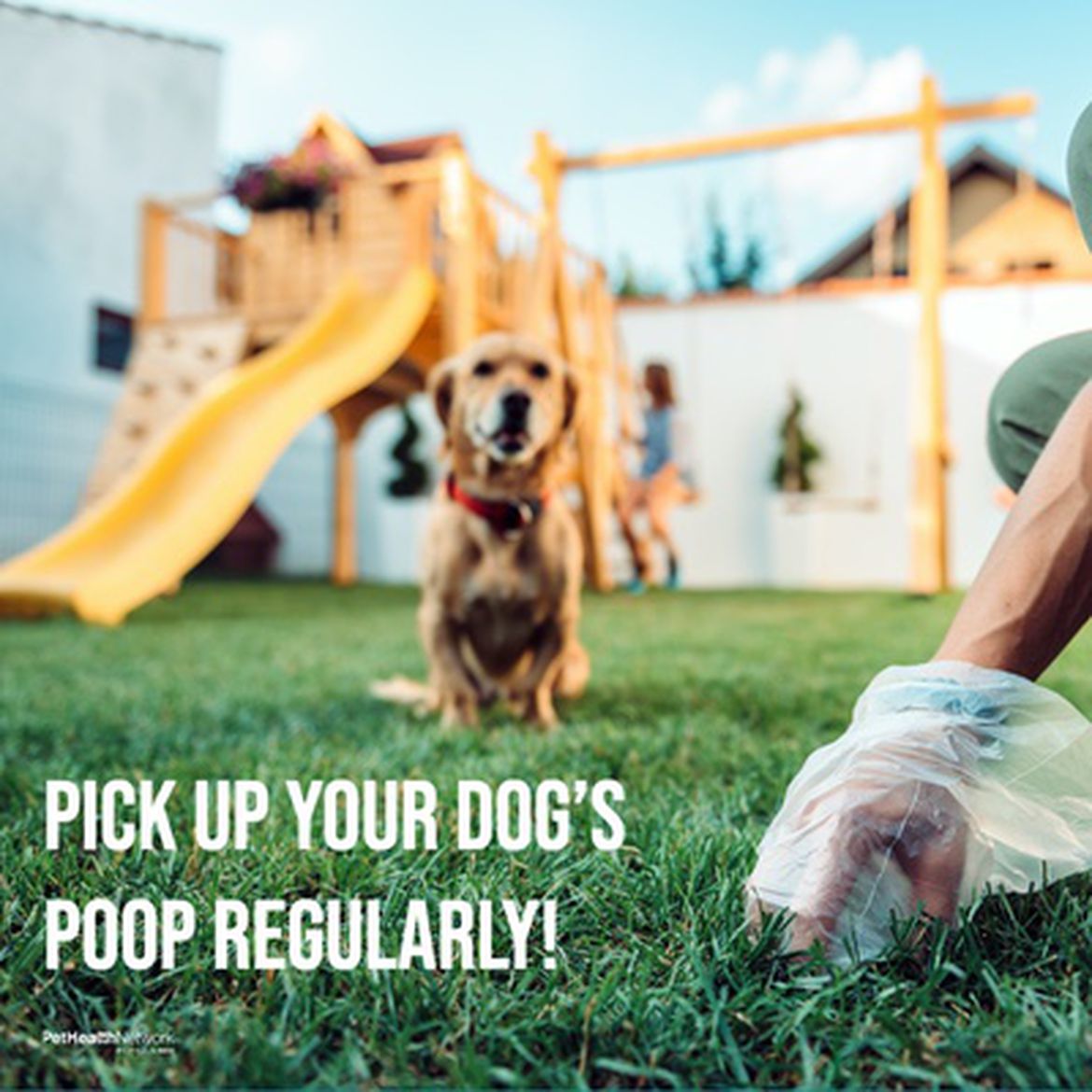Pets, Parasites, and Social Media, Oh My!


When it comes to preventive care and protecting pets from parasites, parasite control products and annual screening tests go hand-in-hand. But if clients don't understand how easily their pets can be exposed, it may be challenging to gain compliance with your testing and preventive protocols.
Why is now the time to talk to pet owners about parasites? Ticks are on the move and carrying disease with them. In addition, a recent national dog park study revealed the high risk of exposure to intestinal parasites.
This is where your practice's social media channels come in. Share the social media posts below to educate pet owners about the importance of screening tests, including fecal antigen testing and vector-borne disease screening, as well as the practical steps they can take to protect their two- and four-legged family members.
You can use the suggested captions provided or create your own!
Recommended caption
Screening your dog for infections caused by mosquitoes, ticks, and worms is one of the ways we take care of them. Call us today to schedule your pet's next screening.
Recommended caption
Can't remember the last time your dog was tested for parasite infections caused by ticks, mosquitoes, and worms? Give us a call today to schedule their next screening!
Recommended caption
Many types of worms can make your canine and human family members sick. Using preventives and testing for exposure at least once per year helps protect your family.
Recommended caption
When it comes to protecting your dog, annual blood testing and year-round preventives go hand in hand.
Recommended caption
Tick-borne diseases can make you and your dog sick. That's why we test your dog for infection and exposure once a year and recommend using preventives year-round.
Recommended caption
We use a simple blood test to see if your dog has been infected or exposed to diseases spread by ticks and mosquitoes. Call us to schedule your dog's routine wellness exam today!
Recommended caption
Fecal antigen testing helps us find intestinal parasite infections that other types of testing may miss.
Recommended caption
Dogs can become infected with intestinal parasites through exposure to contaminated soil or feces that contain the eggs or larvae of hookworms, roundworms, and whipworms, which can make them sick. Come in to get your dog tested!
Recommended caption
It might not be your favorite chore, but picking up your dog's poop regularly helps protect your dog and your human family members from potential exposure to hookworms, roundworms, and whipworms.
Recommended caption
A new national study revealed that intestinal worms were found at 85% of dog parks. We can help you protect your dog with annual parasite screening and year-round preventives.
Recommended caption
In a recent study conducted at dog parks around the country, 1 in 5 poop samples tested positive for at least one parasite. Ask us how we can help you protect your pup with fecal antigen screening and year-round preventives.
Recommended caption
Don't forget to check for ticks when your two- and four-legged family members come inside. If you find any ticks, remove them immediately, and don’t forget to have your dog screened regularly for evidence of tick-borne diseases.

Additional Resources
It often takes sharing information more than once to drive education and compliance. Continue the conversation by sharing this brochure on parasites with pet owners.
Looking for more social media posts to share on your practice's social media channels? Be sure to check out these social media posts to help educate pet owners about vector-borne disease.


